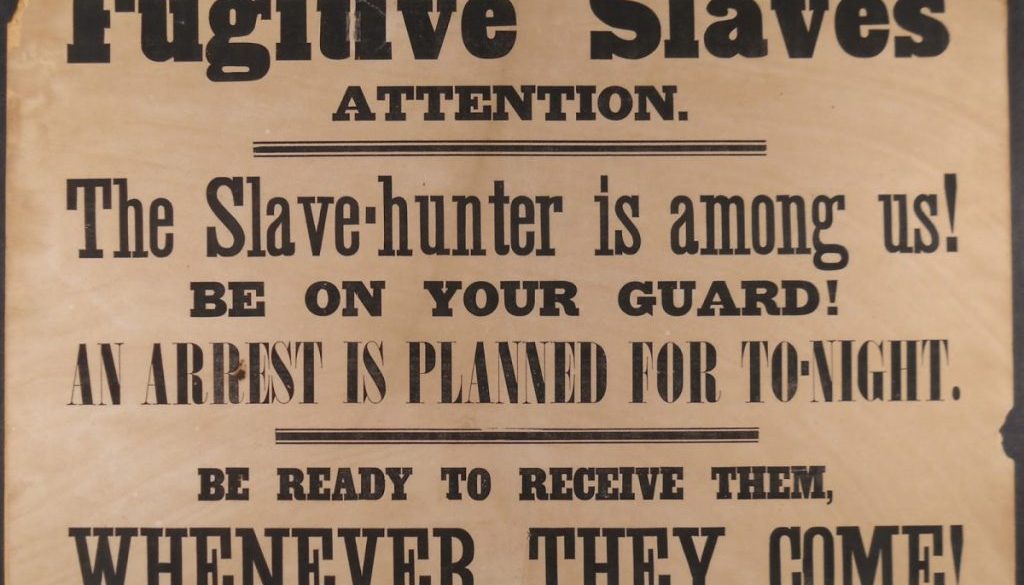The institution of slavery could not have existed without help from the government

In 1850, the US Congress passed the Fugitive Slave Act, requiring all citizens and officials of every state to return escaped slaves to their “owners”. Yes, that is all states, including “free states”.
The 1850 law did not come out of the blue, however. The precedent had been set long before, dating back to the US Constitution itself. Article 4, Section 2, Clause 3 reads:
No person held to service or labour in one state, under the laws thereof, escaping into another, shall, in consequence of any law or regulation therein, be discharged from such service or labor, but shall be delivered up on claim of the party to whom such service or labour may be due.
In other words, slave owners had long received the full backing and protection of the Federal Government to assist them in asserting their ownership over other human beings.
Imagine for a moment that this governmental protection had never existed, and that a plantation owner was on his own when it came to forcibly keeping a dozen or more individuals captive to work his fields. The balance of power would certainly not be in his favor, and preventing escape or revolt would prove to be an overwhelming task even to the most vigilant “masters”.
Without government essentially doing the dirty work to protect the financial interests of slave-owners, slavery as an institution could not exist.



